Optimal Timing for Concrete Installation
Concrete installation timing is crucial for ensuring durability and quality. Factors such as temperature, humidity, and seasonal weather patterns significantly influence the curing process and the final outcome of the project.
Concrete sets best when temperatures are between 50°F and 75°F. Extreme cold or heat can affect curing and strength.
Spring and fall are generally preferred for installations due to moderate weather conditions.
Avoid installation during rainy or freezing conditions to prevent delays and compromised quality.
Proper curing typically requires at least 7 days of stable conditions to reach optimal strength.
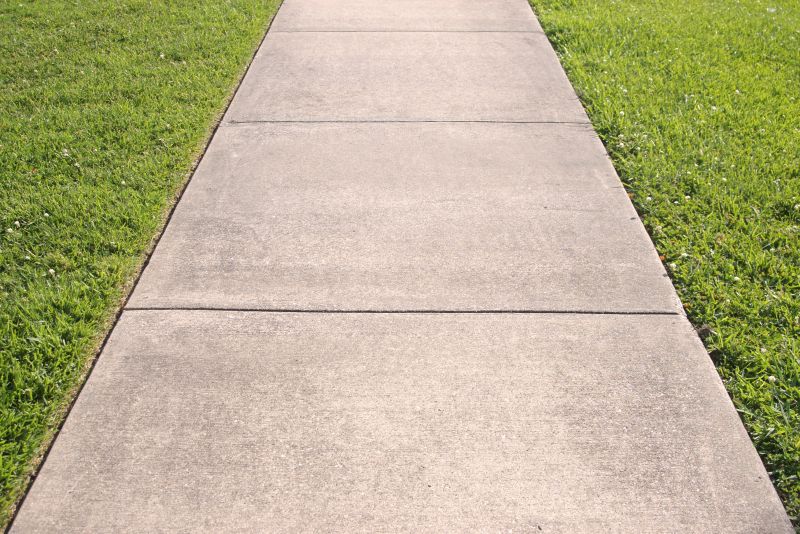
Ways to make Concrete Installations work in tight or awkward layouts.
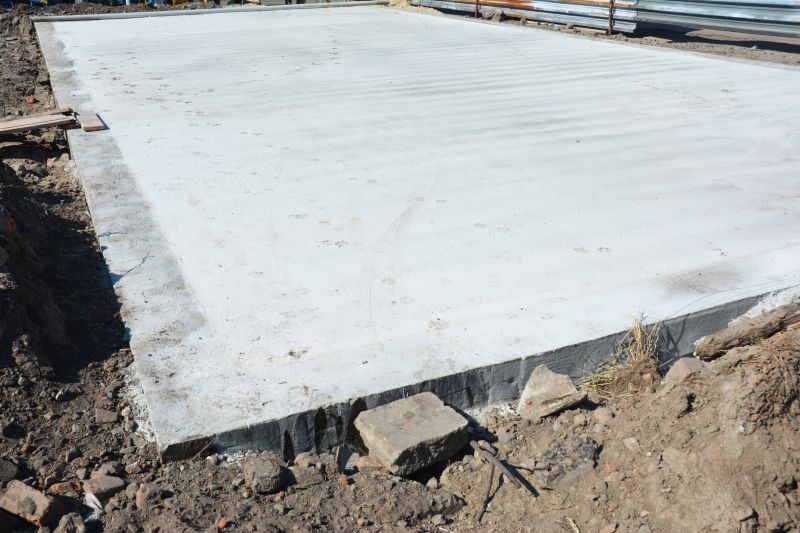
Popular materials for Concrete Installations and why they hold up over time.
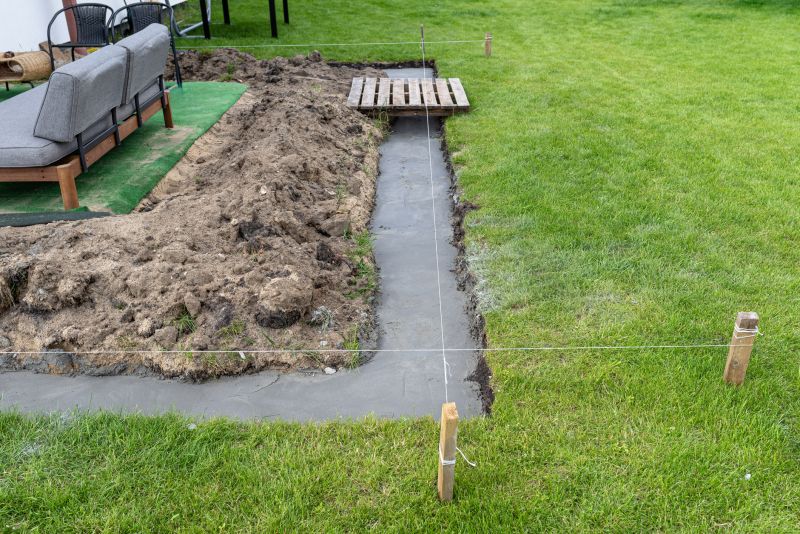
Simple add-ons that improve Concrete Installations without blowing the budget.
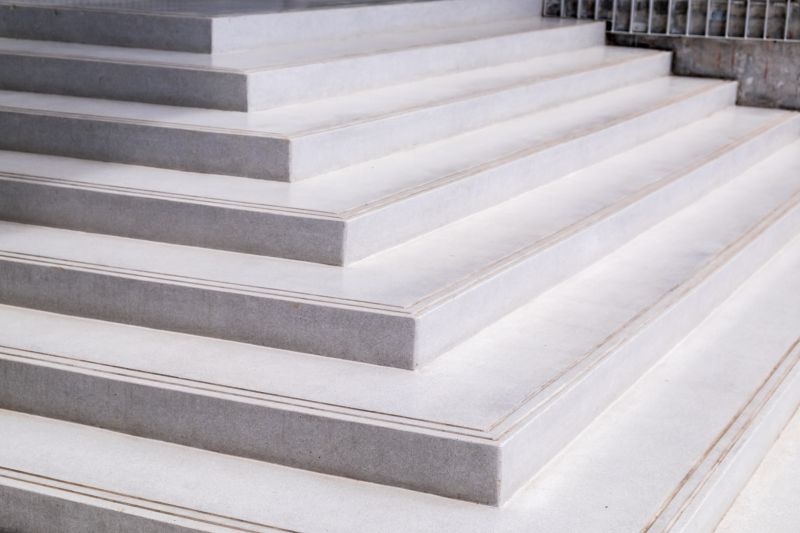
High-end options that actually feel worth it for Concrete Installations.
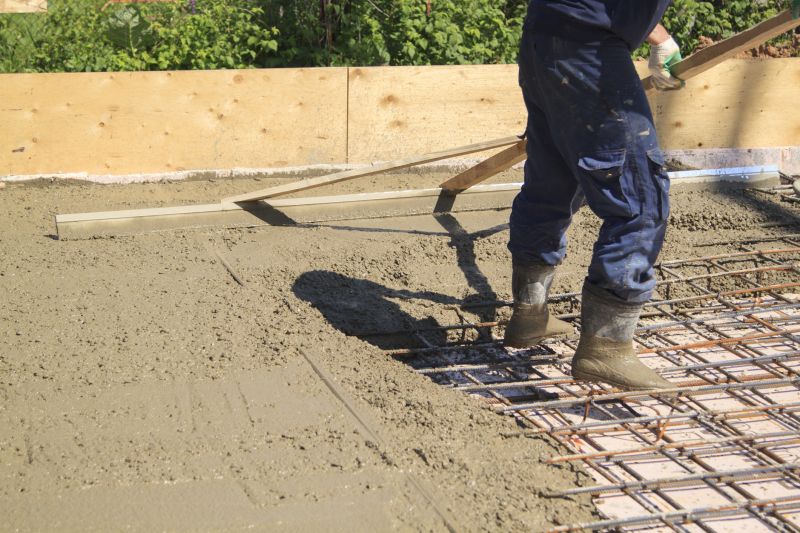
Finishes and colors that play nicely with Concrete Installations.
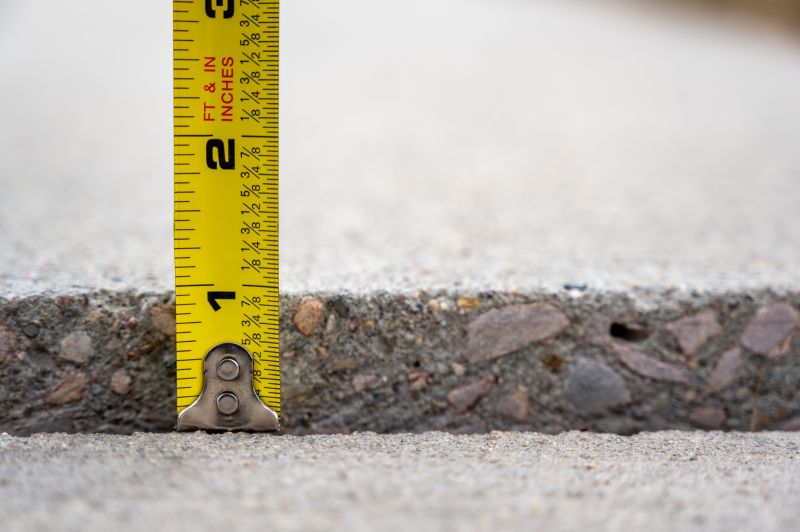
Little measurements that prevent headaches on Concrete Installations day.
Concrete installations involve mixing, pouring, and finishing a mixture of cement, aggregates, and water to create durable surfaces such as driveways, patios, and foundations. Proper timing ensures the concrete cures correctly, preventing cracks and structural issues. Weather conditions play a vital role; high temperatures can lead to rapid evaporation, causing surface cracking, while cold weather may impede curing, leading to weak spots.
Statistics indicate that concrete reaches approximately 70% of its full strength within the first week, with optimal curing conditions accelerating this process. Installing during favorable weather minimizes the risk of defects, reduces maintenance costs, and extends the lifespan of the concrete structure.
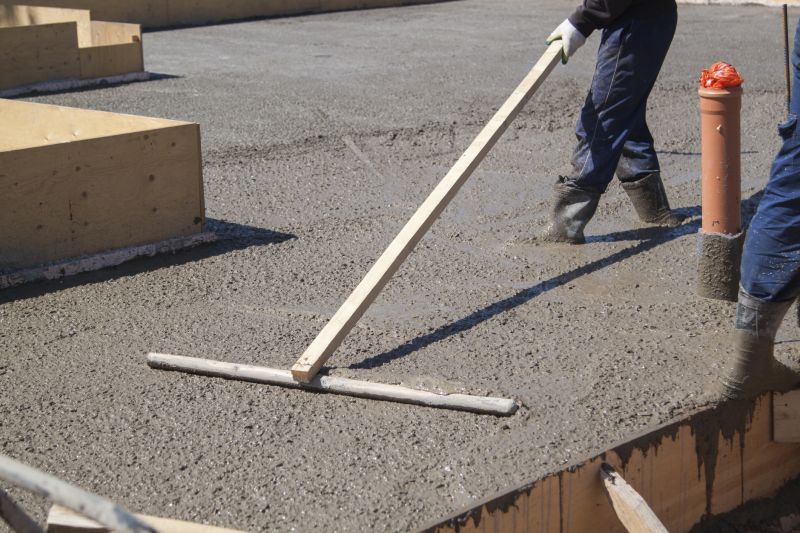
A 60-second routine that keeps Concrete Installations looking new.
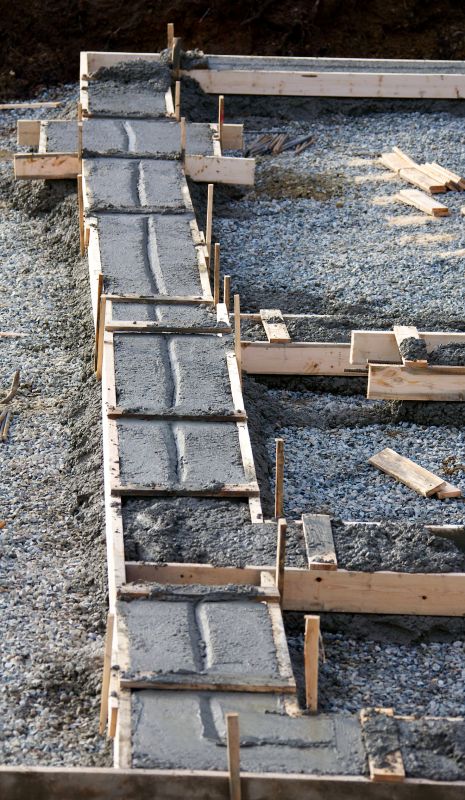
A frequent mistake in Concrete Installations and how to dodge it.
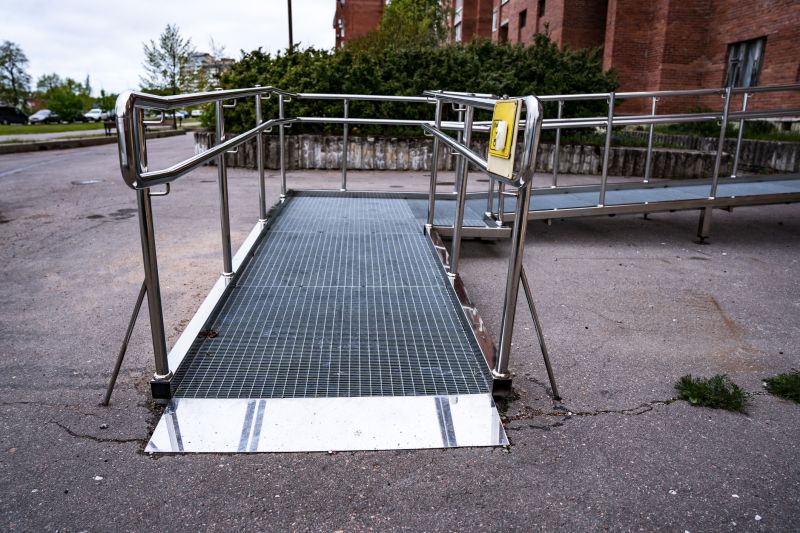
Small tweaks to make Concrete Installations safer and easier to use.
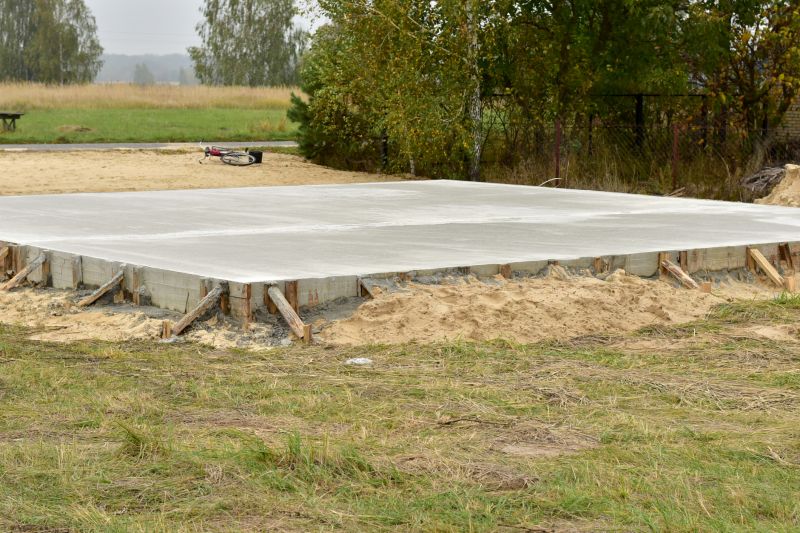
Lower-waste or water-saving choices for Concrete Installations.
| Season | Recommended Conditions |
|---|---|
| Spring | Moderate temperatures, low rain |
| Summer | Early morning or late evening work, avoid heat |
| Fall | Cool temperatures, minimal rain |
| Winter | Not recommended in freezing conditions |
| Late Spring | Ideal for consistent warm weather |
Timing concrete installation during suitable weather conditions contributes to the structural integrity and longevity of the surface. Planning ahead and monitoring weather forecasts can prevent delays and ensure high-quality results.
